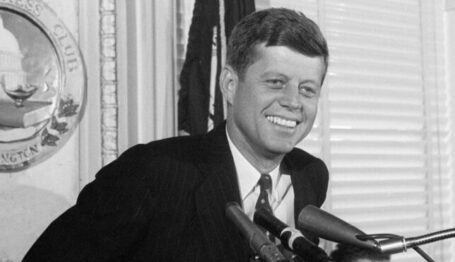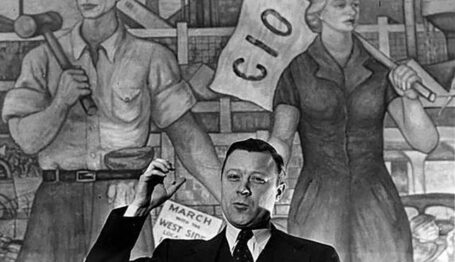Labor Watch
The Untold, Racist Origins of ‘Progressive’ Labor Laws
Protecting “white jobs” was the purpose of union-backed legislation
(pdf here)
Most Americans take for granted that the minimum wage and the 40-hour work week came about as a result of an effort in the early 20th Century to improve the lives of working Americans. Not true. In fact, these measures were rooted in the racism of the era and were part of an effort to benefit white workers at the expense of black tradesmen. The policies helped create persistent high unemployment among blacks—and shed a light on the real motivations of so-called Progressives.
“The Caucasians . . . are not going to let their standard of living be destroyed by negroes, Chinamen, Japs or any others.” — Samuel Gompers, founder of the American Federation of Labor (AFL), 1905
W ith support from labor unions, politicians and bureaucrats often intervene in labor markets, creating laws and regulations that (they say) are needed to improve wages and working conditions for working people. The truth is that many of these efforts do harm to the economic interests of blacks, particularly black males. Most people would be surprised to learn that this harm to blacks has historically not been an unintended consequence of these pro-union policies, but the intended result.
From Davis-Bacon “prevailing wage” requirements to the creation of a government agency mockingly labeled the “Negro Removal Agency,” the government has undermined blacks’ efforts to achieve success and to make the American Dream a reality. Many federal labor laws in the United States originated in efforts to saddle black men with extra burdens and limitations, in order to (as racists often put it) “protect white jobs.”
Tragically, these laws, in one form or another, remain on the books today and continue to hamper the ability of blacks, especially men, to enjoy gainful employment. Yet so-called Progressives hail these laws for their [Click here for the rest.]



